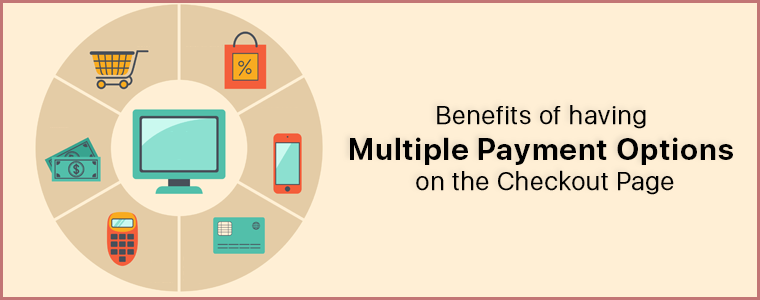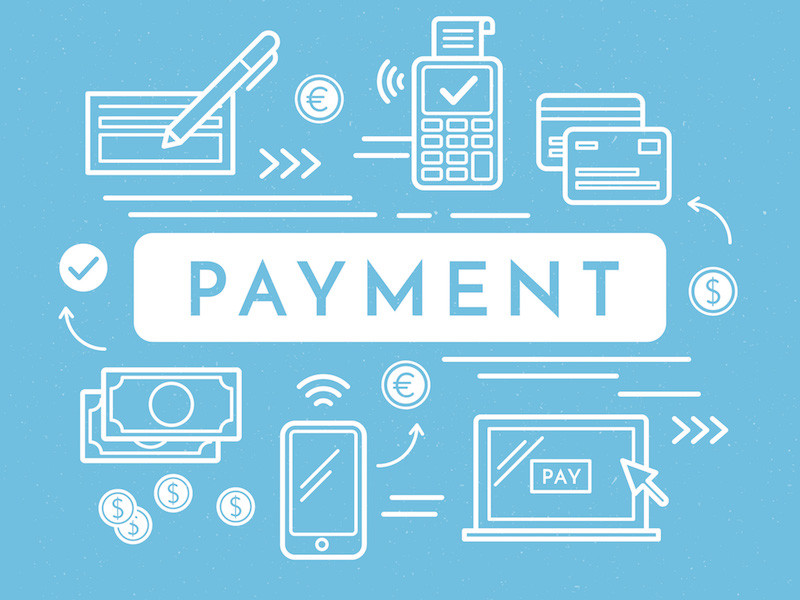Name : Kukiee Kim
Date : 04-11-2023
Understanding Payment Modules
Payment modules are an integral part of modern e-commerce systems. They serve as the bridge between customers, merchants, and financial institutions, enabling secure and efficient transactions in the digital realm. In this article, we will delve into the meaning, significance, and various aspects of Transaction compensation modules, shedding light on their role in the world of online Transaction compensation.
The Role of Payment Modules in E-commerce
Payment modules are software components or plugins integrated into e-commerce platforms to facilitate online transactions. Payment Module Meaning They play a pivotal role in processing Transaction, ensuring the smooth transfer of funds between customers and businesses. Without payment modules, e-commerce would be impractical, as manual processing of transactions would be time-consuming .
Types of Payment Modules
Built-in Payment Modules
Payment Module Meaning Built-in Transaction frameworks are those that come pre-installed with e-commerce platforms. They are convenient for businesses as they do not require separate installations. However, they might possess constraints in regards to adaptability and versatility.
Third-party Payment Modules
Payment Module Meaning Third-party Transaction frameworks are developed by external providers and offer a wide range of features. They can be integrated into various e-commerce platforms and are highly customizable. Merchants often choose third-party modules to meet specific requirements.
Key Features of Payment Modules
Payment modules come with several essential features, including:
- Payment Gateway Integration
- Multiple Payment Methods Support
- Currency Conversion
- Security Protocols
- Transaction Logging
- Reporting and Analytics
Benefits of Using Payment Modules
Using payment modules offers several advantages, such as:
- Enhanced Customer Experience
- Increased Security
- Wider Market Reach
- Streamlined Operations
- Automated Transactions

Challenges in Implementing Payment Modules
While payment modules bring numerous benefits, they also pose challenges like:
- Integration Complexity
- Security Concerns
- Maintenance Costs
- Compatibility Issues
Factors to Consider When Choosing a Payment Module
When selecting a payment module, businesses should consider factors such as cost, security, ease of integration, and the range of payment methods supported. It’s crucial to align the module with the specific needs of the business.
Popular Payment Modules in the Market
Several payment modules are popular in the market, including PayPal,[1] Stripe, Square, and Authorize Net. Each of these modules offers distinct features and advantages, catering to a variety of business models.
Integrating Payment Modules into Your Website
Integrating a payment module into an e-commerce[2] website requires careful planning and technical expertise. It involves configuring settings, testing transactions, and ensuring a seamless user experience.
Ensuring Payment Security
Payment security is of utmost importance in the world of e-commerce. Payment modules employ encryption and other security measures to protect sensitive customer data. Adherence to industry norms such as PCI DSS is imperative.
Mobile Payment Modules
As mobile commerce continues to grow, mobile payment modules[3] have gained prominence. They are designed to provide a seamless payment experience on mobile devices, enhancing convenience for customers on the go.

Emerging Trends in Payment Modules
Payment modules are constantly evolving. Emerging trends include the use of biometrics for authentication, contactless payments,[4] and the integration of artificial intelligence[5] for fraud detection and prevention.
The Future of Payment Modules
The future of payment modules looks promising. With technological advancements, we can expect even more secure, convenient, and efficient payment methods in the years to come.
Conclusion
Payment modules are the backbone of online commerce, enabling businesses to accept payments from customers worldwide. Understanding their significance and choosing the right module is crucial for the success of e-commerce ventures.
Frequently Asked Questions
- What are payment modules? Payment modules are software components used in e-commerce platforms to facilitate online transactions securely.
- What are the types of payment modules? Payment modules can be built-in (pre-installed) or third-party (externally developed).
- Why are payment modules essential for e-commerce? Payment modules streamline online transactions, making e-commerce feasible and efficient.
- What are the security measures in payment modules? Payment modules employ encryption and security protocols to protect customer data.
- Which are some popular payment modules in the market? Popular payment modules include PayPal, Stripe, Square, and Authorize Net.





